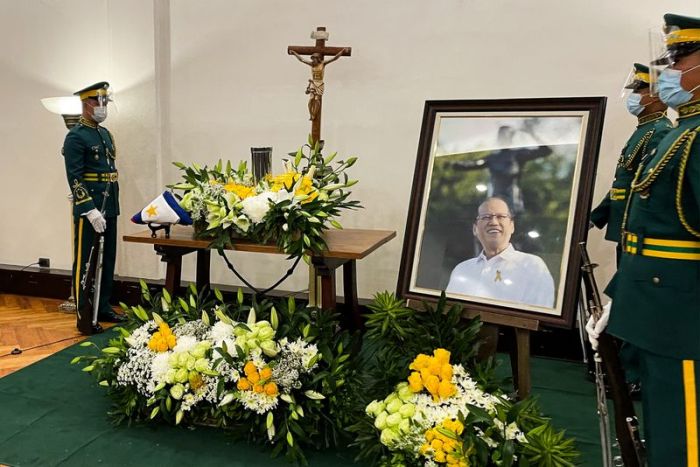BRASILIA (Reuters) -Brazilian Environment Minister Ricardo Salles quit on Wednesday, facing a criminal investigation of whether he obstructed a police probe of illegal logging in the Amazon rainforest.
A Supreme Court justice authorized the investigation of Salles this month after federal police raids targeted the minister and other officials alleged to have allowed illegal wood exports.
“I understand that Brazil throughout this year and next on the international stage and also in the national agenda needs to have a strong union of interests,” Salles told reporters in Brasilia. “So that this can be done in the most serene manner possible, I submitted my resignation.”
The outgoing minister had acted as lead negotiator for Brazil in talks with the United States over funding to preserve the Amazon rainforest, where deforestation has surged since right-wing President Jair Bolsonaro took office in 2019.
Those negotiations had stalled, with the last meeting held more than a month ago, according to two sources familiar with the matter, who said it was unclear if the delay was related to Salles.
Salles had faced heavy criticism from global environmental advocates, after remarking in a recorded cabinet meeting that the Brazilian government should push through environmental deregulation while the public was distracted by the pandemic.
To replace the minister, Bolsonaro nominated Joaquim Alvaro Pereira Leite, according to the official government gazette.
A former board member of the Brazilian Rural Society, a century-old lobby group for farming interests, Leite had been serving as the ministry’s secretary for the Amazon and environmental services.
“Whoever sits in the chair of minister will obey the orders of Bolsonaro and continue to implement the policy of environmental destruction, just as Salles did,” said Marcio Astrini, head of the environmental group Climate Observatory, in a statement.
(Reporting by Jake Spring and Maria Carolina Marcello in BrasiliaAdditional reporting by Gabriel Stargardter in Rio de JaneiroEditing by Brad Haynes and David Gregorio)

























